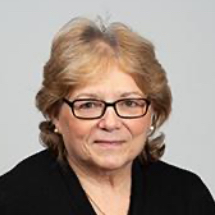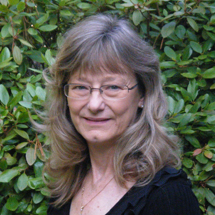
PACE Model
The PACE model is designed to invest multiple stakeholders with agency and accountability to successfully support adoption of computer science as an important component of middle school education. The approach provides access to high quality, CS instruction and supports for all students enrolled in middle schools in participating districts. PACE represents a district-wide systems change model with a strategy that better prepares all students to succeed.
Key Features
The central features of this initiative include:
- CS Access through districtwide adoption: all 7th and 8th grade students have access to substantial computer science instruction.
- Curriculum scope, depth, and Professional Development: training and support for CS teachers in a high quality CS curriculum.
- Enhanced teacher and school staff support: districts provide ongoing professional learning opportunities for teachers and school staff including coaching, supplemental trainings, and communities of practice.
- Inclusive stakeholder partnerships: District Stakeholder Councils (DSCs) lead systemic change, champion computer science, and plan a high school CS pathway to increase students’ knowledge, skills and interest.
- Continuous improvement through data-based decision-making: district staff and DSCs gather and use data to continually improve student interest and competence in computer science education.
PACE Outcomes
The PACE initiative is designed to achieve the following outcomes:
- Increase student achievement and interest in computer science
- Elevate the quality of middle school computer science teaching through training and support
- Enable more participation and progression in computer science education by all students
- Establish strong middle school computer science pathways for high school and Advanced Placement Computer Science
- Meet the demand for a workforce with foundational computer science skills and knowledge










